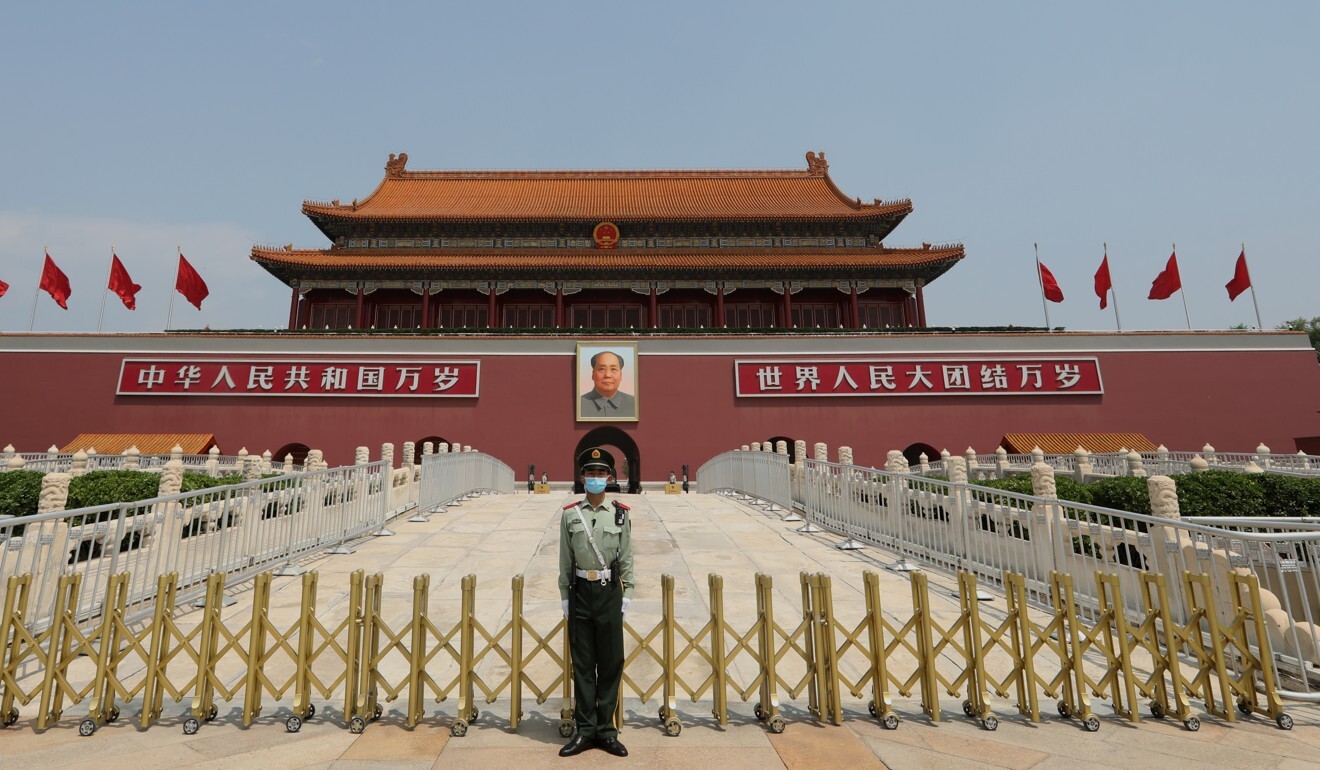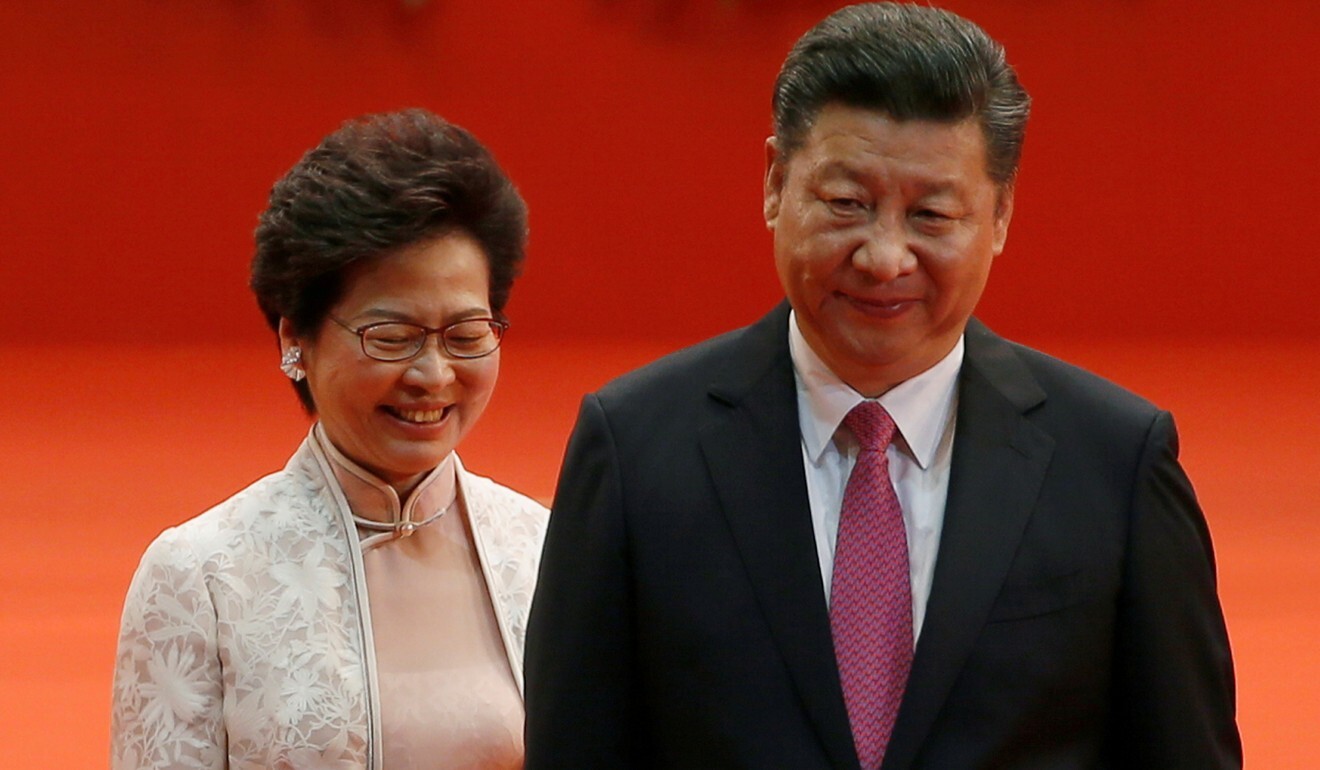
More than 200 parliamentarians and policymakers from 23 countries condemn Beijing’s proposed national security law for Hong Kong
- Joint statement hits out at Beijing for ‘unilateral introduction’ of the law and says the ‘integrity of one-country, two-systems hangs by a thread’
- Among the signatories are Hong Kong’s last colonial governor Chris Patten, former British foreign secretary Malcolm Rifkind and US Senator Ted Cruz

More than 200 parliamentarians and policymakers from 23 countries have issued a joint statement condemning Beijing’s move to introduce a national security law for Hong Kong and calling for governments to raise a voice against it.
They expressed concerns over Beijing’s resolution at the opening of its annual legislative sessions on Friday to “prevent, frustrate and punish” threats to national security by outlawing acts of secession, subversion and terrorism in Hong Kong.
The proposed law will bypass the city’s legislature. It will require the Hong Kong government to set up new institutions to safeguard Chinese sovereignty and allow the mainland’s agencies to operate in the city when needed.
The proposed law has sparked a debate over the fate of the “one country, two systems” blueprint that has guided Hong Kong since its handover from British to Chinese rule in 1997.
The signatories were led by Hong Kong’s last colonial governor Chris Patten, former British foreign secretary Malcolm Rifkind, US senators Ted Cruz, Josh Hawley, Marco Rubio, 12 US congressmen, dozens of British MPs, as well as parliamentarians from Europe, New Zealand, Canada, Australia, India, Indonesia, South Korea as well as Malaysia.

In the statement, they expressed their grave concerns about the “unilateral introduction of national security legislation” by Beijing in Hong Kong.
“This is a comprehensive assault on the city’s autonomy, rule of law, and fundamental freedoms. The integrity of one-country, two-systems hangs by a thread,” they wrote.
Chinese Vice-Premier Han Zheng assured local deputies to Beijing’s top advisory body on Saturday that the new law would only target “a small group of people” to plug a legal loophole exposed by violent anti-government protests that erupted in the city last year.
But the signatories said the protests were driven by genuine grievances of ordinary Hongkongers.
“Draconian laws will only escalate the situation further, jeopardising Hong Kong’s future as an open Chinese international city,” they said.
“If the international community cannot trust Beijing to keep its word when it comes to Hong Kong, people will be reluctant to take its word on other matters. Sympathetic governments must unite to say that this flagrant breach of the Sino-British Joint Declaration cannot be tolerated.”

Speaking on a Commercial Radio programme on Sunday morning, Elsie Leung Oi-sie, former vice-chairwoman of the Basic Law Committee which advises the national legislature on the city’s mini-constitution, dismissed the criticisms.
She said the autonomy Hong Kong enjoyed would remain unchanged, as safeguarded by the Basic Law.
“It [the national security law] is to improve the legal system, why would it undermine the rule of law?” she asked, reiterating that freedoms of the people would also remain intact as the law would only target a small minority of people.
The latest remarks by overseas politicians came after the foreign ministers of Britain, Australia and Canada issued a joint statement stressing the Sino-British Joint Declaration – the agreement signed by Britain and China in 1984 that paved the way for Hong Kong’s handover – remained legally binding, and the European Union called for the need to preserve the city’s autonomy.
On Saturday, the office of China’s foreign ministry in Hong Kong hit out at certain countries for making “irresponsible comments” about the legislation.
Help us understand what you are interested in so that we can improve SCMP and provide a better experience for you. We would like to invite you to take this five-minute survey on how you engage with SCMP and the news.